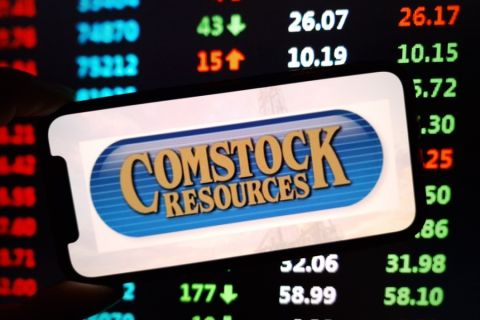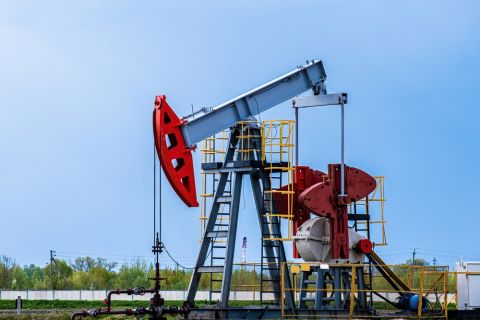For the foreseeable future, there will be no foreign natural gas cartel, according to Fairfax, Virginia-based forecasts firm Pace Global Energy Services LLC. Several supply and demand dynamics undermine economic support for any such cartel, the consulting and research firm reports.
First, gas markets are fragmented and seasonal. Gas prices in North America and Europe are determined by local supply and demand factors and often move independent of one another, a situation which creates opportunity for liquefied natural gas (LNG) exporters with destination flexibility, the firm reports.
Secondly, importing countries have many more options for incremental gas supply versus crude oil. Also, the report determines that gas producers cannot have surplus capacity, which can be tapped on demand to act as a price buffer, as is the case with OPEC's stored oil, because an overwhelmingly large percentage of gas is supplied via pipeline.
Finally, the demand for gas is much more elastic than oil demand. While oil is primarily used in the transportation sector, for which fuel substitution is difficult, gas is used mostly for stationary heating and power, and energy-source substitutions are far more readily available for that sector.
The idea of a gas cartel was born in Tehran in 2001, during a meeting of leading gas-producing countries' energy ministers. At that time, an organization called the Gas Exporting Countries Forum (GECF) was formed.
Although there is no fixed membership structure, participants generally include Algeria, Bolivia, Brunei, Egypt, Equatorial Guinea, Indonesia, Iran, Libya, Malaysia, Nigeria, Oman, Qatar, Russia, Trinidad & Tobago, the UAE and Venezuela. Norway is considered an observer.
The GECF is meant to foster mutual interests by facilitating dialog between producing exporters, consumers, government and energy-related industries. Since the 2001 meeting in Tehran, the participants have met each April.
Pace reports that, since establishment of the GECF, there have been speculations as to whether the world's largest gas producers, particularly Russia and Iran, plan to create a gas cartel equivalent to OPEC to set quotas and prices.
Fueling the fire, in May 2006, Gazprom deputy chairman Alexander Medvedev threatened that Russia would create "an alliance of gas suppliers that will be more influential than OPEC" if Russia did not get its way in energy negotiations with Europe. Furthermore, Iranian officials have explicitly expressed strong backing for a gas cartel and had held official talks with Russia.
"Energy politics is a high-stakes game with national power and influence on the table every day," says Bob Linden, Pace director, oil and gas strategies. "We can expect all the players in the global energy supply chain to use every plausible venue to extract more value from that supply chain."
The report concludes that, at best, the GECF could agree on export volumes, schedules of deliveries and the construction of new pipelines, and may also jointly explore for and develop gas fields, coordinating start-up and production schedules. The economic impact of energy-supply disruptions, however, would be born equally by buyers and sellers in a large and liquid commodity market such as gas.
Recommended Reading
Analyst: Is Jerry Jones Making a Run to Take Comstock Private?
2024-09-20 - After buying more than 13.4 million Comstock shares in August, analysts wonder if Dallas Cowboys owner Jerry Jones might split the tackles and run downhill toward a go-private buyout of the Haynesville Shale gas producer.
BP Profit Falls On Weak Oil Prices, May Slow Share Buybacks
2024-10-30 - Despite a drop in profit due to weak oil prices, BP reported strong results from its U.S. shale segment and new momentum in the Gulf of Mexico.
Private Producers Find Dry Powder to Reload
2024-09-04 - An E&P consolidation trend took out many of the biggest private producers inside of two years, but banks, private equity and other lenders are ready to fund a new crop of self-starters in oil and gas.
Utica Oil E&P Infinity Natural Resources Latest to File for IPO
2024-10-05 - Utica Shale E&P Infinity Natural Resources has not yet set a price or disclosed the number of shares it intends to offer.
Comments
Add new comment
This conversation is moderated according to Hart Energy community rules. Please read the rules before joining the discussion. If you’re experiencing any technical problems, please contact our customer care team.




